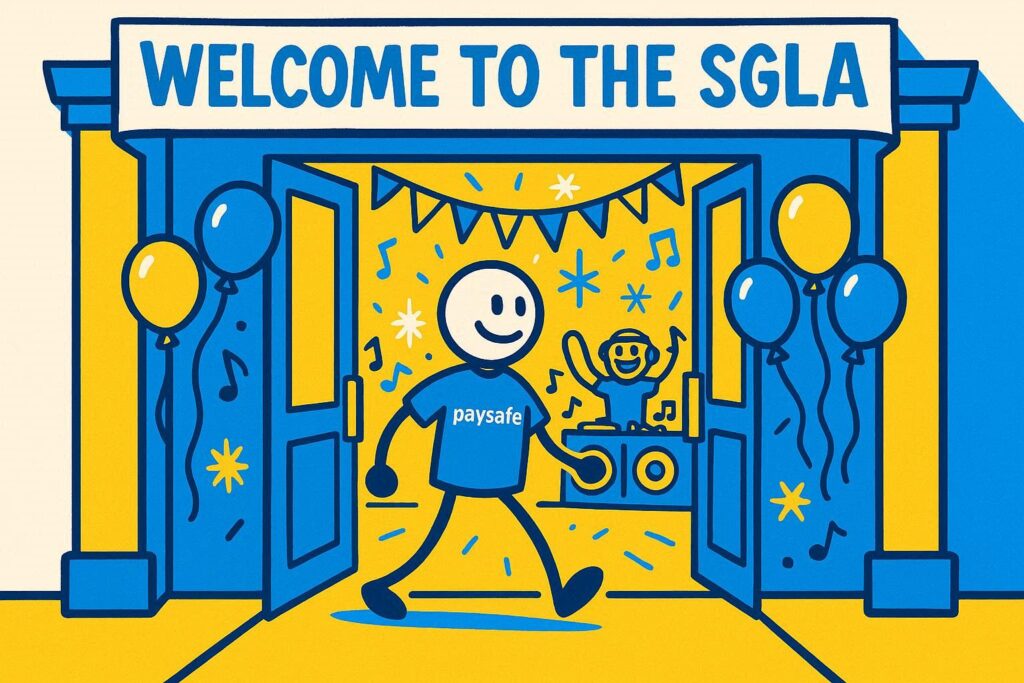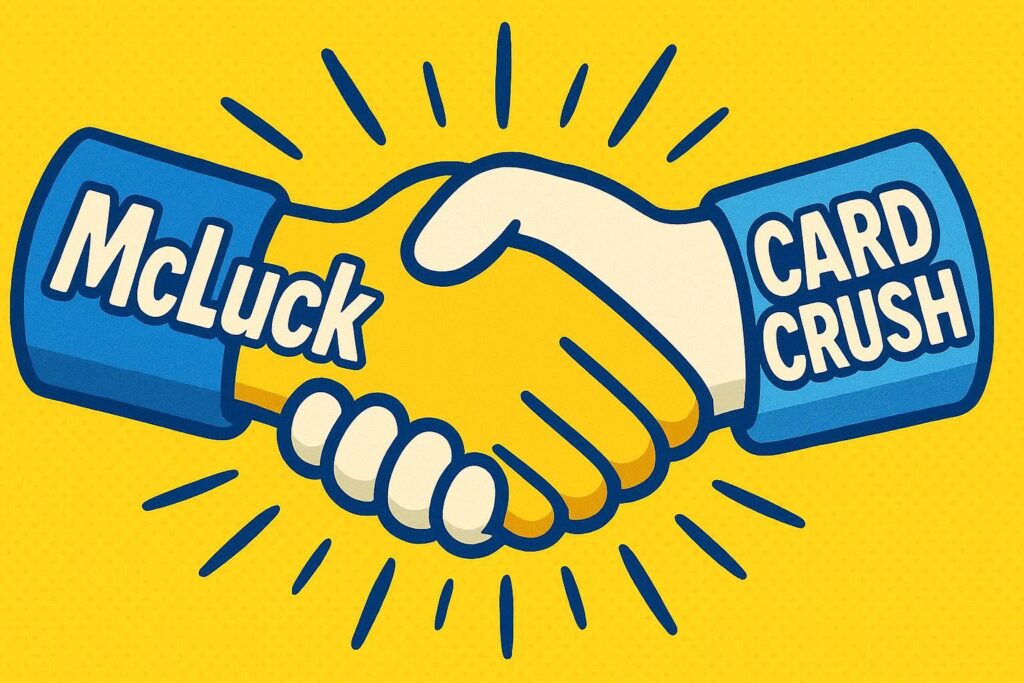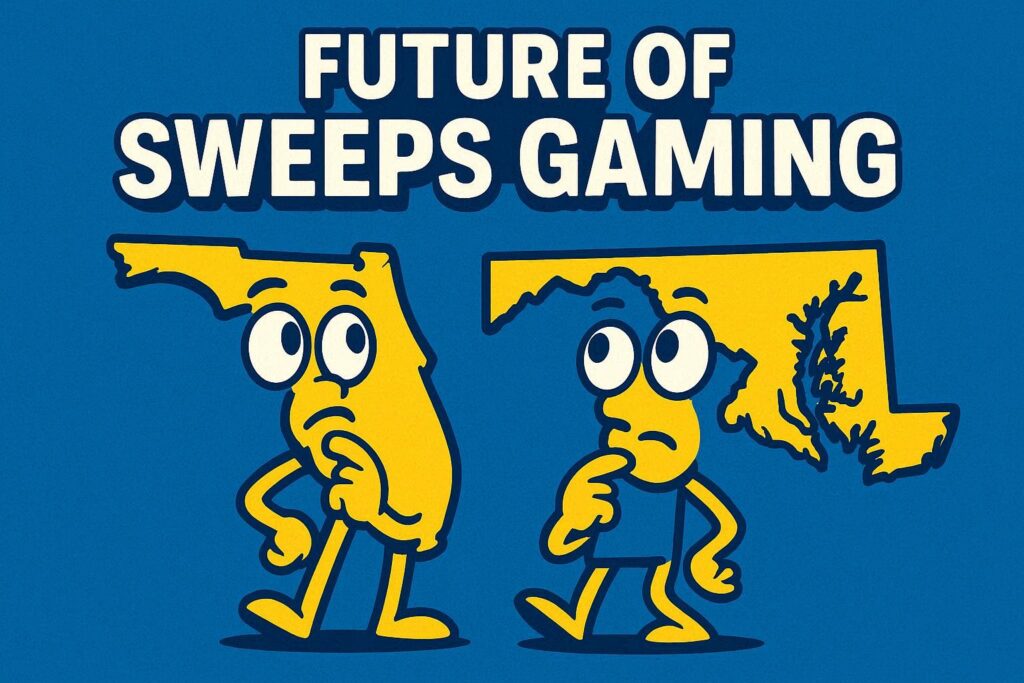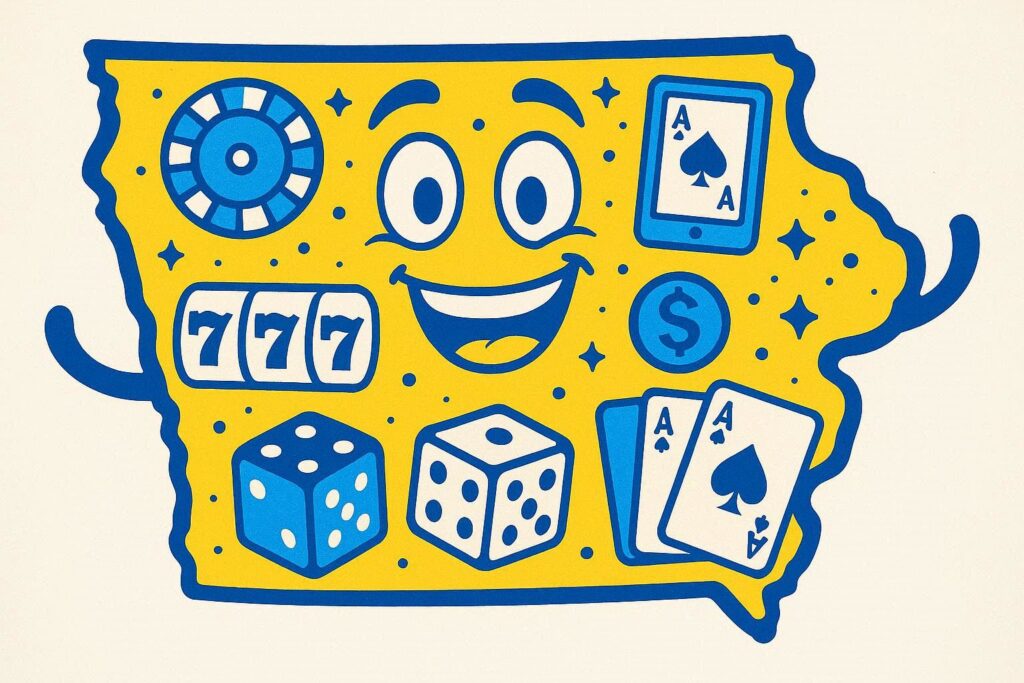Throughout 2025, opponents of sweepstakes casinos have asserted operators in the industry don’t do enough in the way of player protections, age verification, and responsible gaming. In California, gaming tribes claimed their fight to outlaw sweeps casinos happened because they infringed upon tribes’ exclusive rights to provide gambling in California, rights that are guaranteed in their state gaming compacts.
Leaders in the sweeps space, however, aren’t buying any of it.
Speaking during last week’s Online Social Games Expo, which the Social Gaming Leadership Alliance organized as a result of sweeps leaders being shut out of a panel at the Global Gaming Expo, executives from some of the biggest brands in sweeps gaming said they believe the main motivation for the swell of opposition to their platforms in 2025 is fear of competition.
“That pressure typically is outwardly attacking us on many of the things that we’ve addressed today,” said Derek Brinkman, executive product advisor for VGW, the owner of Chumba Casino, LuckyLand Slots, and Global Poker. “But the reality when you start to look at who are the sponsors behind that pressure is that it’s really just an anti-competitive push for folks who want to be able to take over the market share that we’ve gained in the video game space.”
‘They’re trying to be very specific in the language’
As an example, Brinkman pointed to the Yuhaaviatam of San Manuel Nation, the tribe that owns the largest casino on the West Coast and also owns Play.Yamaava, an online social casino that allows players to redeem their digital currency for credit at the casino.
The YSMN was the main tribal sponsor of Assembly Bill 831, which passed Sept. 12 and will officially outlaw sweeps casinos in California on Jan. 1, 2026, now that Gov. Gavin Newsom has signed it.
Benefitting from the sustained success of its casino, Yaamava’ Resort & Casino, the YSMN is also well-funded, and it paid for a commercial that urged viewers to encourage their representatives to vote in support of AB831.
“It follows the exact kind of business model that all of the SGLA businesses follow,” Brinkman said of Play.Yamaava. “ … What they’ve done is made very specific language in the bill about ‘dual-currency’ when combining sweepstakes with social casino so that they can continue to operate their social casino and they can continue to operate their sweepstakes promotions within that casino because they don’t use a dual currency to do it.
“They’re trying to be very specific in the language that they put into this law … to ensure that what they’re doing continues to operate and what we’re doing at the SGLA is written out of the law so that they don’t have to compete with us anymore.”
‘That’s absolutely ridiculous’
Tribal leaders refuted the notion that Play.Yamaava was the same as sweepstakes casinos, such as Chumba Casino and WOW Vegas.
Those sweeps casinos use two currencies: Gold Coins, which can only be used for gameplay, and Sweeps Coins, which can be redeemed for cash. At Play.Yamaava, however, players only play with Coins. These Coins aren’t redeemable for money, but players can earn rewards based on how many Coins they accumulate, including free play tokens at Yamaava’ Resort & Casino.
Speaking during a webinar back in July, Scott Crowell, a tribal gaming attorney and founding partner with the Crowell Law Office, called any claim that sweeps casinos are the same as Play.Yamaava “bogus.”
“Anybody that truly knows what’s going on realizes that this is illegal online gaming,” Crowell said.
Also speaking at that webinar was Victor Rocha, chair of the Indian Gaming Association and noted and vocal opponent of sweeps gaming. He poked fun at sweeps proponents comparing sweeps casinos to Play.Yamaava during a congressional hearing for AB831.
“I can’t believe they used that argument. Were they aware that people could hear them?” Rocha joked. “Were they aware that other people were in the room when they used that argument? Because that’s absolutely ridiculous.”
Compete or outlaw?
Those sweeps proponents would point to a player’s ability to earn retail casino credits for gameplay at Play.Yamaava as a sweepstakes promotion comparable to those they offer via Sweeps Coins on their gaming sites.
“They’ve got two choices if they want to continue to grow that business line that they’re operating,” Brinkman said. “They can choose to try to compete with us and work in the same kinds of ways that we work, which they’re not choosing to do. And instead they’re using the political power that they’ve effectively purchased with lots of influence and political donations over decades to try to get the legislators to just write us out of the law. So that’s how they’re choosing to deal with the competition.
“But it’s not really a concern about our player protections or about our age verification, because these guys who are attacking us, they all know what we follow the gold standard of that — that even hit the top real-money online gaming site levels of compliance. Just know that that’s a lot of noise to basically make up for the fact that they’re trying to put pressure on us to get us out of their way in a competitive marketplace.”
Social casino companies are also a factor
The tribal coalition was really only heavily involved in the battle over sweeps legality in California.
(And should Florida take a look at the industry, you can expect the Seminole Tribe to also get involved.)
But in other states that have taken actions against sweeps casinos this year, the main industry stakeholder involved has been social casino companies.
“I would say there are different examples across different states,” Brinkman said. “But oftentimes if you go to the real root of why these laws are being introduced, they’re being introduced by sponsors who have political connections who want us out of the space because they think we might compete with them. They’re typically very careful about trying to box in what it is that is being written out of the law.”
Light & Wonder, which has a social gaming arm called SciPlay, has been the most involved and vocal — both at legislative hearings across several states, and at the company’s Q2 earnings call.
Matthew Wilson, President and CEO, told investors that a major reason for the company’s “modest declines” in SciPlay revenue was “top-line erosion and increased marketing costs” that stemmed from the popularity of sweeps casinos, causing “a direct top-line impact from the growth of sweepstakes gaming in states that they are currently operating in.”
“In states that have taken action to eliminate sweeps, we have seen a noteworthy uplift in our performance,” Wilson said. “As this issue is further addressed … we expect to benefit from a more favorable market environment in states that ban sweepstakes gaming.
“I think at this point, it’s undeniable to say that sweeps are having an impact on the social casino segment. It’s definitely a substitute. I mean in our mind, it’s unregulated, untaxed iGaming. There’s no denying that. And when we look at the data specifically around the markets where sweepstakes have been banned, you see a significant uptick in terms of social casino. So from our vantage point, there’s just no denying it’s had an impact on the social casino markets where sweepstakes is active.
“But we like to focus on the things in our control at Light & Wonder. That’s outside of our control, and we’ll watch on as industry pundits like the rest of us.”
Well, Light & Wonder has watched, and they’ve surely loved what they’ve seen.








